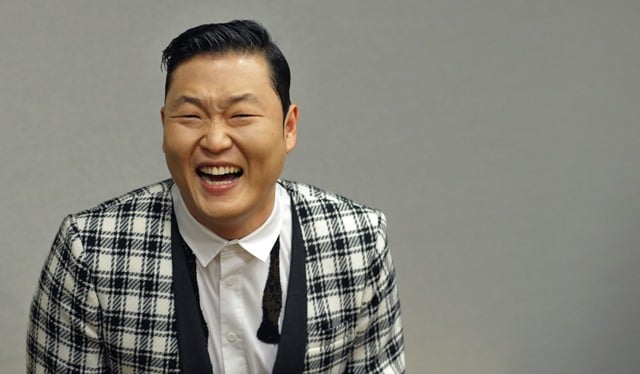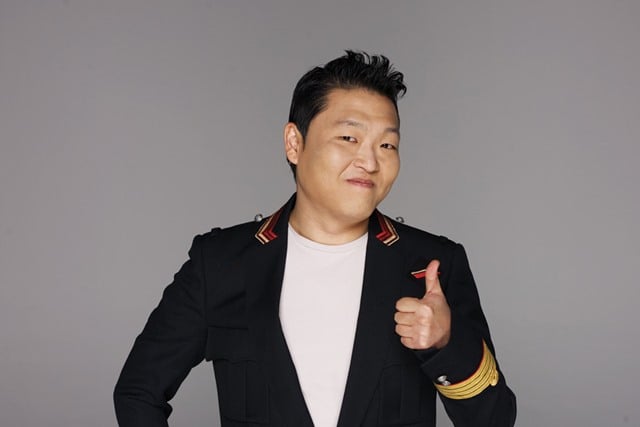Art World
South Korean Pop Star Psy Battles with His Artist Tenants in Seoul
One artist was reportedly in the hospital for two weeks after "enforcers" showed up.

Photo via Soompi.
One artist was reportedly in the hospital for two weeks after "enforcers" showed up.

Brian Boucher


K-Pop star PSY.
Photo via Tribeca Disruptive Innovation Awards.
It’s an old story: from New York to San Francisco, artists migrate to unhip neighborhoods and then are priced out as the area gentrifies. The same tale is playing out in Seoul, South Korea, and this time it involves legal battles between local artists and Park Jae-sang, who is better known as the K-Pop mega-star Psy.
In this case, the conflict involves not only a court ruling that reportedly gives Psy the right to redevelop the property, but also defamation suits the singer has brought against his tenants after they complained about their treatment online—and even physical injury, according to the Associated Press.
The artists belong to the centrally-located gallery Takeout Drawing, whose Choi Jee Ahn says that no fewer than ten lawsuits are in play. Choi says that the landlords sent “enforcers” to physically evict them in March, resulting in a two-week hospital stay for one of the artists.

PSY.
Photo via Soompi.
The singer snapped up the building for just under $7 million in 2012, and wants the artists out pursuant to a court ruling from the previous year that would have evicted the artists by 2013. The owners of Takeout Drawing say the ruling shouldn’t apply since it pertained to redevelopment plans by the previous owner, and because tenants have gained more legal protections in the meantime.
The YouTube video for Psy’s hit “Gangnam Style” has garnered about 2.4 billion views to date. Ironically, the video uses the Seoul neighborhood of Gangnam to symbolize a posh lifestyle, while that district is also cited as a victim of gentrification.